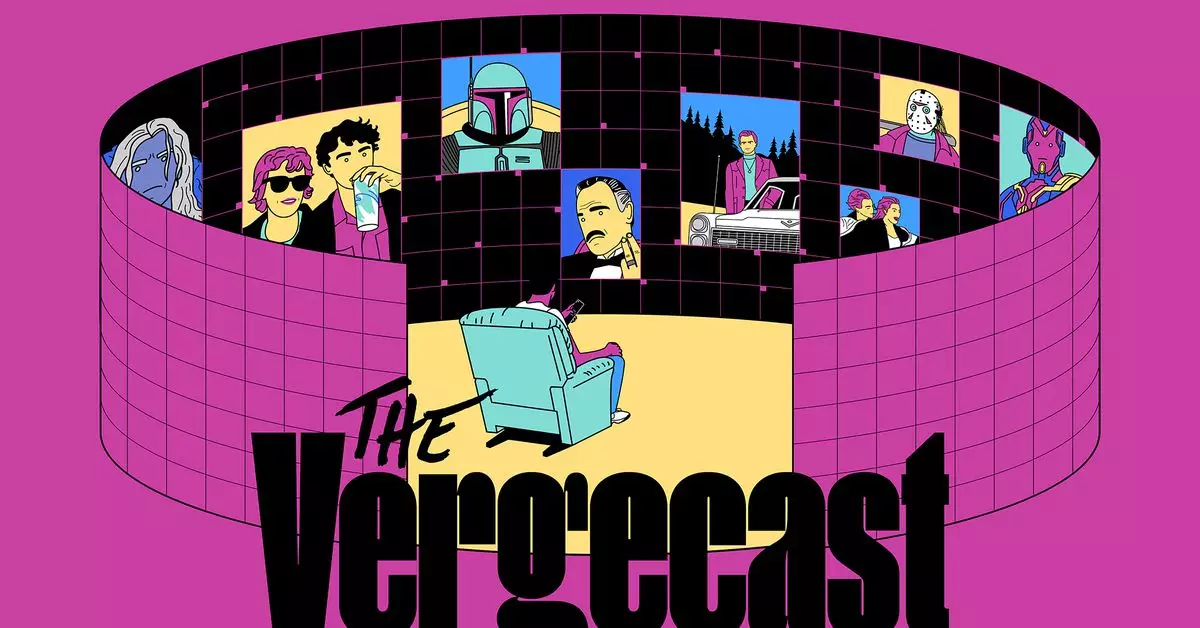In today’s world of endless streaming options, the simple act of choosing a movie or TV show to watch can become an overwhelming task. The scenario of aimlessly scrolling through countless titles, only to end up watching something familiar like “The Office” yet again, is a common frustration for many. This phenomenon begs the question: why is it so difficult for platforms like Netflix, Hulu, and HBO Max to recommend content that truly resonates with us?
Artificial Intelligence (AI) has emerged as a potential solution to the problem of ineffective recommendations. Companies like OpenAI and Google have developed sophisticated models that can analyze vast amounts of data about movies and shows, going beyond simple metadata like genre and title. By processing synopses, reviews, and other information from across the web, these AI systems can identify connections between different titles that may not have been apparent before.
The Limitations of AI in Understanding Human Preferences
While AI-powered recommendation systems hold promise, they are not without their limitations. The fundamentally human nature of our preferences and viewing habits means that even the most advanced AI models can struggle to truly understand what individuals will enjoy. Factors like personal taste, mood, and context play a significant role in determining what content we find appealing, making the task of predicting our viewing choices a complex one.
Despite the challenges, there is still value in leveraging AI tools to enhance the content discovery experience. By utilizing AI algorithms to streamline the process of finding relevant movies and shows, viewers can potentially save time and discover new favorites more efficiently. While the concept of a perfectly tailored recommendation system may remain elusive, the goal of using AI to enhance the overall viewing experience is a worthwhile pursuit.
The quest for the perfect movie or TV show recommendation is a nuanced and multifaceted problem that AI technology is poised to address. While AI can offer valuable insights and improvements to the content discovery process, it is essential to recognize the inherent complexities of human preferences that may not always align with algorithmic predictions. By understanding the strengths and limitations of AI in this context, viewers can make more informed decisions about how to navigate the vast landscape of streaming options available to them.


Leave a Reply